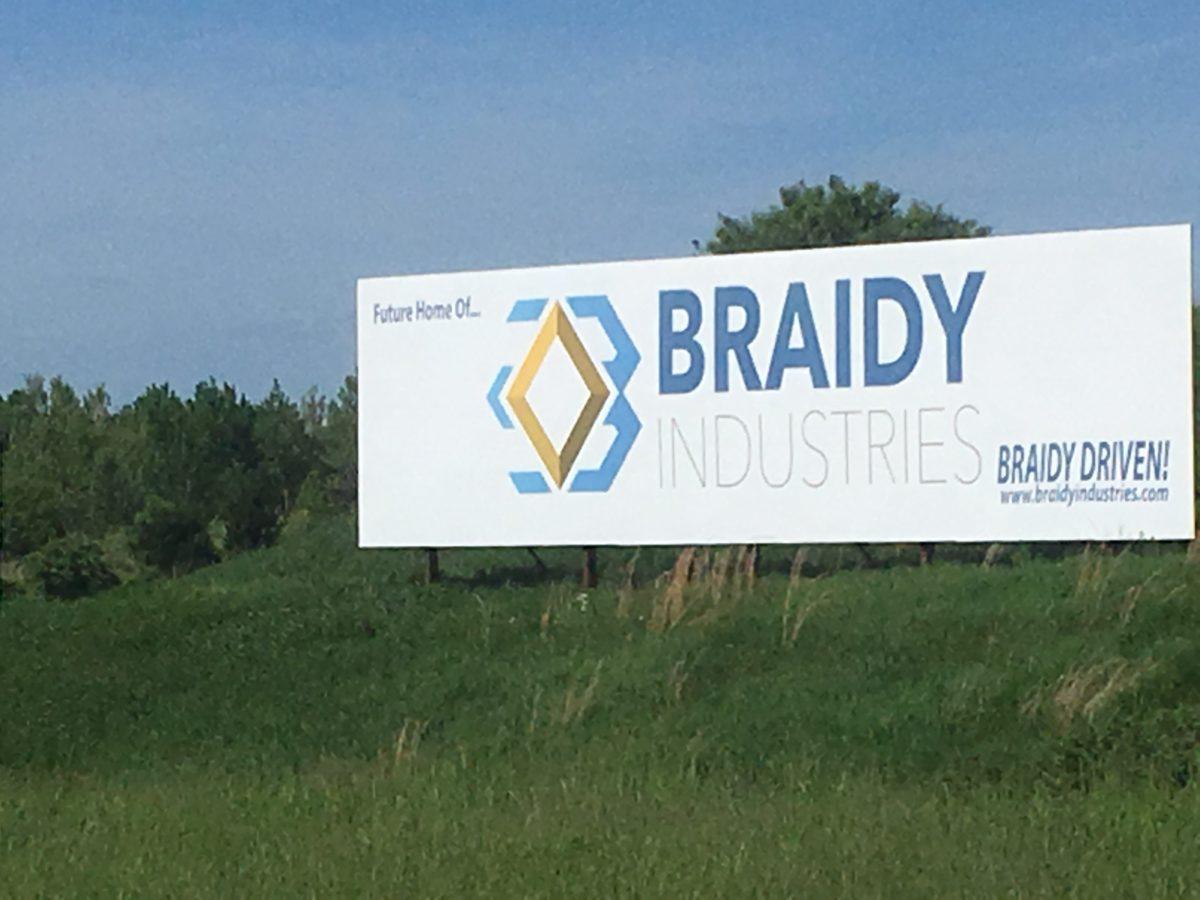Leaders of Braidy Industries, the controversial aluminum mill planned for northeastern Kentucky, told lawmakers on Tuesday that they still need $500 million before they can break ground.

The update comes shortly after the company fired former CEO and chairman Craig Bouchard, the company’s founder who has claimed the project would revolutionize the aluminum industry and revitalize the region’s economy.
Braidy Industries executives largely refused to answer questions about Bouchard’s ouster or what would happen if the company was unable to raise enough money.
Braidy Industries interim CEO Tom Modrowski said that the company’s board “made these changes because they want to see more progress, faster.”
“The board is eager, like you, to get this project built. We are confident the changes we have made will yield that progress,” Modrowski said.
Bouchard has claimed that the firing was improper and that he has not stepped down.
The aluminum mill planned for Ashland is backed with both state and federal funds. Former Gov. Matt Bevin convinced the legislature to invest $15 million in the project in 2017 and the company also received $4 million in Abandoned Mine Lands grant money.
The company has said since 2018 that it needs to raise $500 million before it can break ground and on Tuesday told members of the Senate Appropriations and Revenue Committee that it had only raised $65 million.
Modrowski said the company plans to have the funds raised by the end of the year.
As part of its agreement with the state, Braidy Industries promised to invest $1 billion in the project by the end of this year. If that deadline isn’t met, the state would be allowed to recoup the money with interest.
The committee’s chair, Republican Sen. Chris McDaniel, asked Modrowski if Kentucky would be able to retrieve its investment at the end of the year.
Modrowski didn’t answer the question, saying “we try to stay away from the hypotheticals.”
“We are focused, laser focused every day we wake up to make sure this facility gets built. That’s our focus, we don’t think about a plan B, it’s not part of our vocabulary,” Modrowski said.
Also drawing controversy, Russian aluminum company Rusal has pledged a $200 million investment to the company if it can raise $300 million in the coming years. As reported by the Ohio Valley Resource, Rusal had previously been under federal sanctions due to the company’s connections to Russian oligarch Oleg Deripaska. The U.S. lifted those sanctions shortly before Rusal pledged its investment.
McDaniel said he wants the project to succeed and was happy with the leadership shakeup.
“A healthy degree of skepticism’s not bad,” McDaniel said. “But I’m looking forward to seeing where we go. I think the new management presents a much better image for the company and frankly gives me more confidence than I had with the previous.”
(This story first ran on Kentucky Public Radio.)






